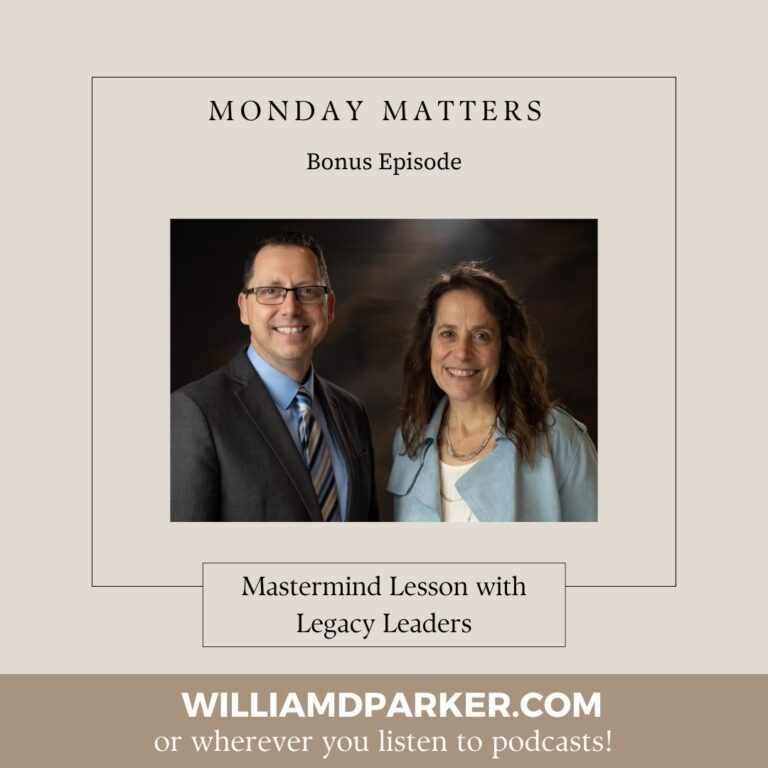Two weeks ago I attended the NASSP Ignite Conference in Dallas, Texas.
On my flight home, the pilot informed us that we would encounter heavy fog at the Tulsa airport. As we began descending, we were shrouded in it. I kept looking out the windows, and all I could see was the faint blinking lights on the plane’s wing.
Then for just an instant, I caught sight of land, and with a thud, the plane’s wheels hit ground. A lady in front of me screamed. As the plane jostled to a safe landing, there was collective sigh of relief, and we safely taxied to our gate.
That moment had me thinking about how pilots manage such landings. As I thought about it, I also began to ask myself how school leaders help our students and teachers as we travel through the rough patches of a school year.
So here are six take-aways for school leaders from my flight through the fog:
1. Remember your flight plan.
When you lead any group of people on a journey, you need to remember what is the ultimate destination of your journey together. Remind yourself of the goals you set at the start of school and refocus your energy that direction.
2. Know your instruments.
When you start to lose sight of your most important outcomes, hold onto the routines, procedures, accountability measures, and policies that guide your school practices. Being consistent with written policies, for instance, is what keeps you accountable to stay the course.
3. Rely on best practices.
Good pilots rely on their training. It helps them navigate even in the worst conditions. In school, you cannot neglect common practices and good research that you know will support effective outcomes.
4. Teamwork.
I am sure the pilot on my flight was in constant communication with air traffic controllers, relying on radar, and listening to feedback from his co-pilot. You won’t reach shared goals by flying solo.
5. Keep your cool.
Imagine the outcome on my flight if the pilot had come over the intercom with an alarmed tone or unclear instructions. Be passionate but stay calm (even if you have to fake it).
6. Keep the well-being of others as the first priority.
If you plan to make a safe landing, then you can’t make decisions based on self-interest, convenience, whim, or popular opinion. You have to use wisdom, good judgment and keep the well being of all parties in mind.
Conclusion
Pilots really do have amazing ability to fly without being able to see all that surrounds them, but in reality they aren’t flying blind. They land safely because they know their flight plans, read their instruments, rely on their training, work as part of team, stay even-minded, and remember that others’ lives depend on their good judgment.
Let’s do the same as we “fly” toward the destination of a successful school year.
Now It’s Your Turn
What are some other take-aways we should keep in mind as we “fly” our schools to success? Share with the rest of us.
Subscribe For Free Updates
Want to read more insights on school leadership? Subscribe to receive my weekly posts from WilliamDParker.com? Visit here for information on how you can sign up and receive weekly updates!


